Cloud computing can help prevent several business nightmares encountered by young and old entrepreneurs. Implementing certain software features for cloud backup strategies, as a matter of fact can salvage your situation in the event of natural disasters and some other unforeseen circumstances that can result in loss of key business data and information.
Take an inventory of your cost-of-ownership
The first step towards a viable disaster recovery through online backup is to conduct a thorough analysis on the cost of owning your business. This procedure will help you search for a cloud backup service provider who can integrate your business archives, and you can migrate your data set from a simple backup plan to an archive plan. The benefit of this is that online search and retrieval capabilities become more effective and functional. You need to define a solution for your entire business backup, this will help you identify your client needs as well as you own specific business needs.
Make sure you conduct a cloud backup test first before any other thing
There is no need to rush into a cloud backup service agreement, you need to test the backup strategy, just to confirm if you need it. Testing a cloud backup service will help you detect its security features alongside its encryption capabilities.
Take compliance and regulations seriously
For your enterprise backup to remain effective and relevant to your business backup strategy and plans, you need to consider the necessary regulatory compliance, especially those relating to where your enterprise data may be move, or stored. For instance, you need to know in which country your data and backups are kept. You need to educate your staff on different cloud backup steps, including: bulk data import procedures, fast data recovery, data encryption, and bulk data backups.
Backup your enterprise data remotely and on site
Having a complete cloud backup does not mean you should ignore backup on site. You need to backup your data locally and remotely, especially, if your data is accessed publicly. Both on premise and cloud storage are the ideal combination for more effective data management. As a matter of fact, cloud computing experts suggest that you backup your data locally before having a cloud backup. This will facilitate a more effective data recovery strategy. As an entrepreneur, you need to ensure that your data is recoverable both on premise and from your data backup vendor.
One or multiple cloud backup vendors?
If a single vendor can provide all you need as regards cloud backup and data security, then you should stick with it. However, some business enterprises may require more than one vendor. Having multiple vendors for your data backup will mean that you have to spend more. But, it will help mitigate several risks of handling all your data to one single data backup company. You need to consolidate your enterprise’ IT infrastructure through the most reputable cloud backup service providers around.
The use of multiple cloud backup vendors attract a number of benefits, likewise, some issues such as conflicting service may arise. For this reason, you need to specify which backup vendor performs which functions so that there will not be any conflicting performance issues.

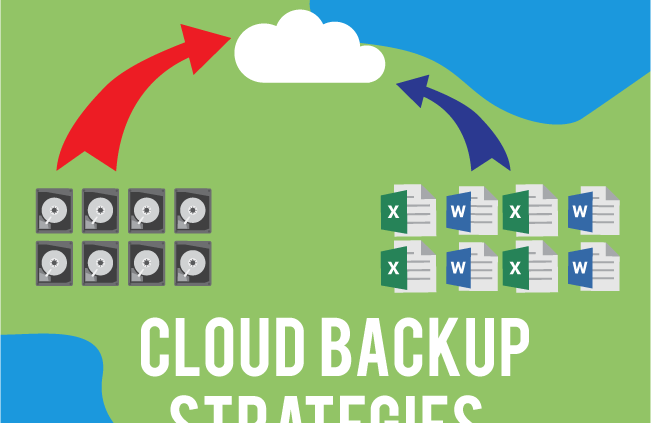
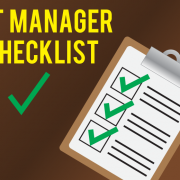


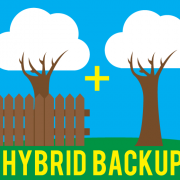
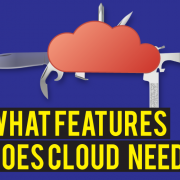

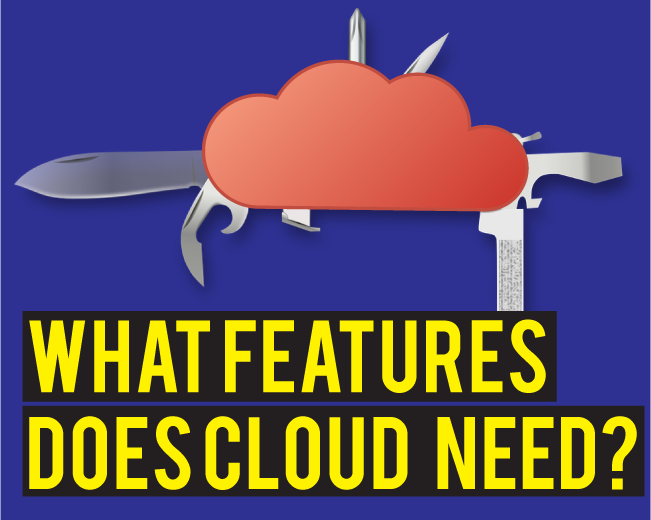
Leave a Reply
Want to join the discussion?Feel free to contribute!